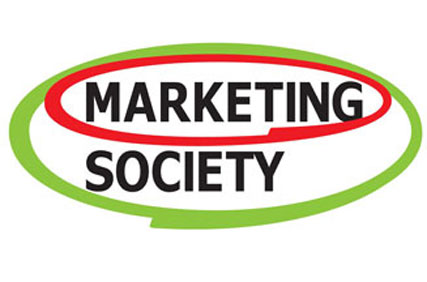YES - Nigel Robinson, Managing partner, MediaCom
Product placement is already a powerful marketing tool in the UK - even if, until now, one that couldn't be paid for. Starbucks' mission to addict Britons to caffeine, for example, benefited hugely from its prevalence in US shows such as Ally McBeal in the 90s.
In the US, Pepsi wouldn't have parted with $55m to have its products featured in American Idol had it not been confident of its effectiveness.
However, the new UK rules represent a game-changer, and brands that get it right stand to reap significant benefits. Any behavioural economics expert will testify to its potential.
The legislation requires that placed brands cannot be promoted in an 'unduly prominent way'. Research shows that length of exposure is important to success, so there will be a delicate balancing act to keep within the rules while also delivering results.
Rightly, the big challenge from clients will be measuring effectiveness: current methods of brand tracking and econometrics will need a total rethink to achieve this.
YES - Julia Hutchison, Chief operating officer, APA
Most discussion of this subject has been fuelled by a direct comparison between the UK and US TV audiences. However, they are very different.
The introduction of placement to UK TV is unlikely to provide initial success to match that of the US, a result of British reserve and unfamiliarity with this blatant on-screen promotion. It therefore won't act as the easy fix-all solution it has been likened to and will take time to succeed.
Once brands buy into the opportunity, TV product placement could be a highly effective proposition for those wanting to build their branded-content offering via product engagement. They can further capitalise on branded content through their own content initiatives, whether that's online, customer magazines or apps.
It is already proven that branded content can build loyalty and engage customers for longer than traditional TV advertising, so it is highly likely that this success can be transposed to product placement.
MAYBE - Lindsey Clay, Marketing director, Thinkbox
TV is already proven as the most-effective advertising medium, by a wealth of impartial sources, and is getting more so over time.
Product placement should have a broadly positive effect, but probably not an earth-shattering one. It adds another useful tool for advertisers, and new revenue for broadcasters to invest in even better content - which should have a positive impact on effectiveness by creating an even better advertising environment.
It will certainly improve TV's effectiveness for advertisers not currently using TV - for example, luxury brands which may choose to move some PR budget into product placement.
However, it can't - and shouldn't - replace spot advertising, which is the major force behind content investment; it must be new money. Product placement will work more like sponsorship (and could be used to complement it) to influence brand affinity.
So, yes it is a welcome, sensible step - but it is unlikely to greatly increase the effectiveness of advertising on TV.
YES - David Connolly, Consultant, ex-STV commercial director
The new rules will not only allow a brand to increase its impact on TV, but, as a 'new medium', it will also add to the brand's multiplatform presence. Integrated campaigns clearly work better than single-channel ones.
Historically, the challenges facing the product-placement process included evaluating the exposure, determining what constituted 'undue prominence' and not upsetting directors and actors with unreasonable demands for brand exposure - not to mention the issues of transmitting the programme globally.
However, it is now possible to embed advertising into programmes after they have been made. This not only solves the previous issues, but also creates potential for creative buying, with the brand featuring in programme and ad break. It also offers the opportunity for both advertiser and seller to switch brands in a specific programme to suit the country of broadcast.
The Marketing Society is the most influential network of senior marketers dedicated to inspiring bolder marketing leadership.


